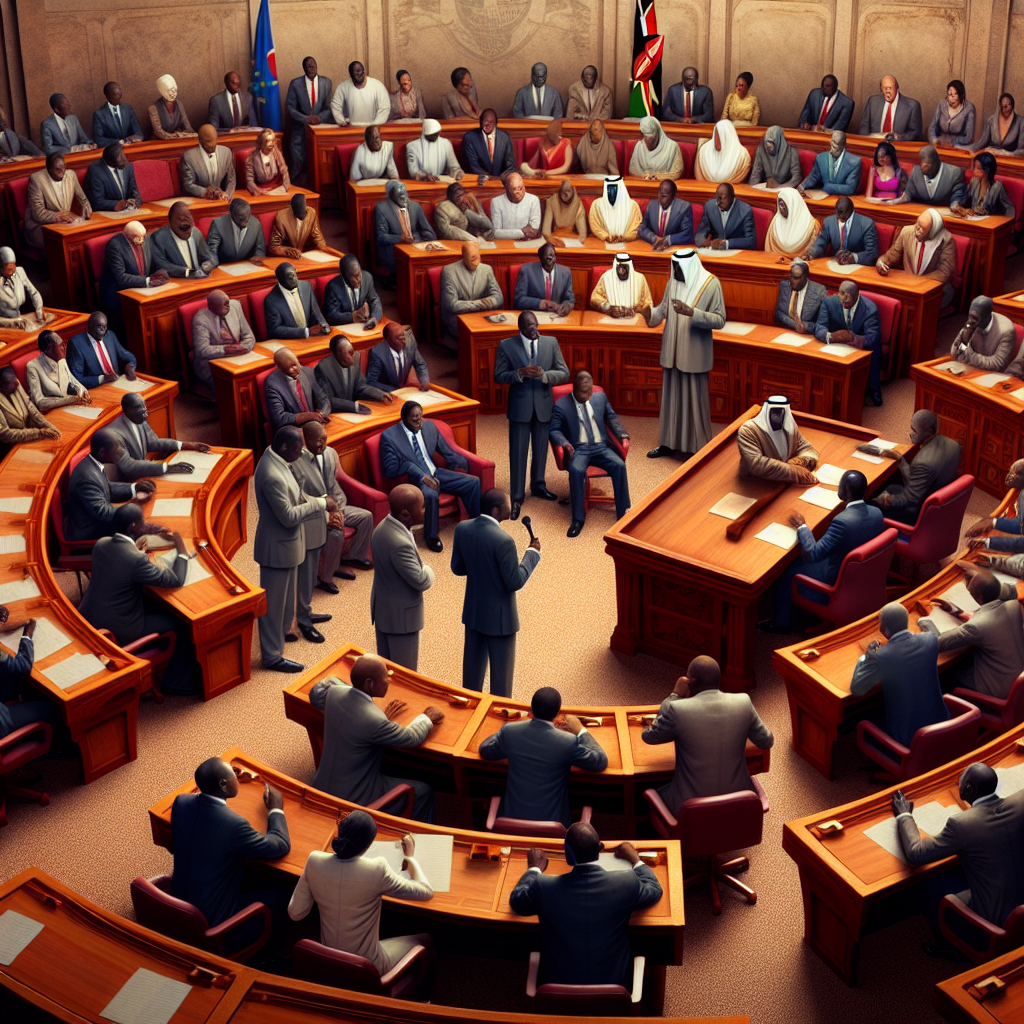Kenya’s Senate Impeaches Deputy President Rigathi Gachagua
-
Table of Contents
Kenya’s Senate Impeaches Deputy President Rigathi Gachagua

Overview of the Impeachment
In a significant political development, Kenya’s Senate has voted to impeach Deputy President Rigathi Gachagua. This decision marks a pivotal moment in the country’s political landscape, reflecting underlying tensions and challenges within the government.
Reasons for Impeachment
The impeachment process was driven by several key factors, which were debated extensively in the Senate:
- Allegations of Corruption: Gachagua faced accusations of engaging in corrupt practices, which undermined public trust.
- Abuse of Office: Claims of misuse of power and resources were central to the impeachment proceedings.
- Political Instability: His leadership was seen as contributing to political instability within the government.
Senate Proceedings
The Senate’s decision followed a rigorous debate, with members presenting evidence and arguments for and against the impeachment. The process highlighted the deep divisions within the political arena, as well as the Senate’s role in maintaining governmental accountability.
Implications for Kenya’s Political Landscape
The impeachment of a sitting Deputy President is unprecedented in Kenya and carries significant implications:
- Political Realignment: The decision may lead to shifts in political alliances and power dynamics.
- Public Perception: It reflects the government’s commitment to addressing corruption and abuse of power.
- Future Governance: The move sets a precedent for holding high-ranking officials accountable.
Conclusion
The impeachment of Deputy President Rigathi Gachagua by Kenya’s Senate is a landmark event that underscores the country’s ongoing struggle with corruption and governance issues. It highlights the Senate’s critical role in upholding democratic principles and could potentially reshape Kenya’s political future.















